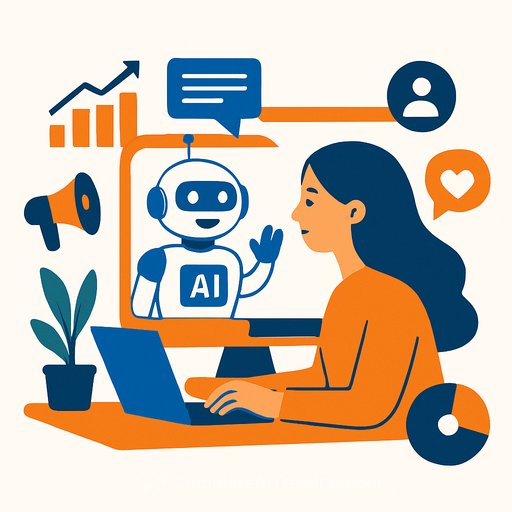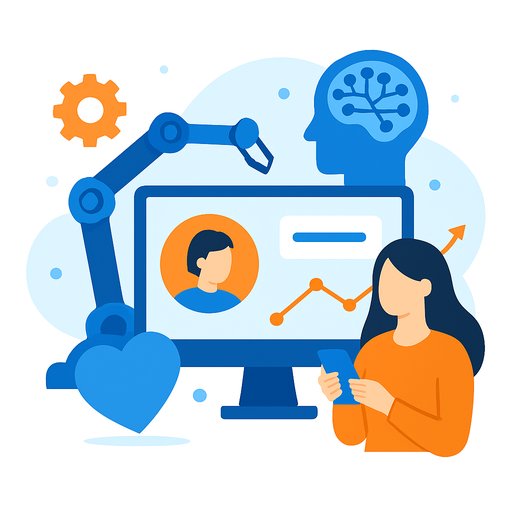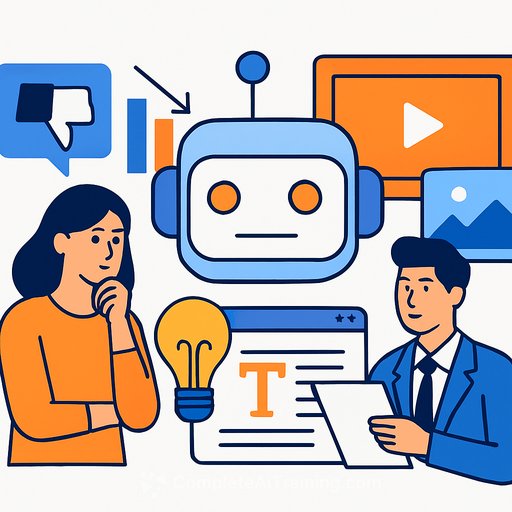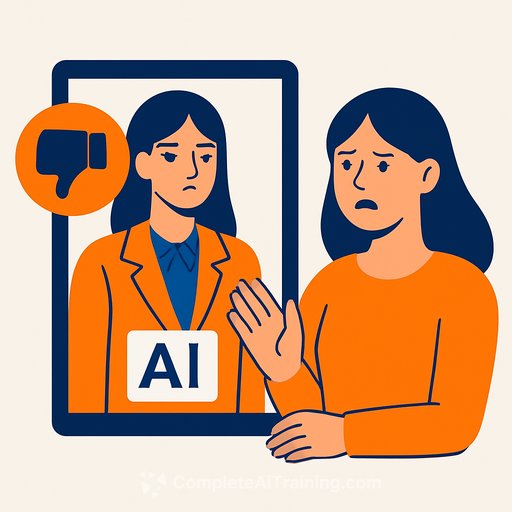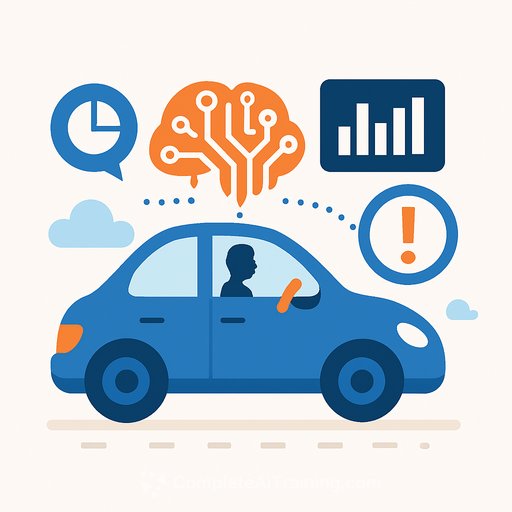18 Powerful Applications Of AI Agents In Marketing
AI agents are changing how brands connect with customers, personalize experiences, and optimize campaigns in real time. These systems automate tasks like psychographic analysis, competitor tracking, and business analytics, making marketing more efficient and strategic.
Marketers now need to move beyond content creation to become facilitators of AI tools that can run campaigns with minimal human input. In this shift, AI agents act as strategic partners, redefining advertising execution.
With the growing demand for hyperlocal content, AI content generators play a key role. Global brands must maintain a consistent identity across many markets while adapting to local culture. For example, campaigns in Brazil may focus on Carnaval, while those in Japan highlight Hanami. AI systems analyze local behaviors and media trends to create content that resonates locally and aligns globally. This level of personalization at scale drives deeper engagement and authenticity.
Here are 18 impactful ways AI agents are transforming marketing strategies:
1. Eliminated Shopper Touchpoints
AI agents can reduce shopper touchpoints by anticipating customer needs—such as reordering essentials automatically or directing customers to stores with the best prices. This approach shortens shopping time, making each brand interaction more critical. The first impression can determine long-term customer loyalty.
2. Hyper-Personalized Customer Service
Autonomous AI agents deliver real-time, hyper-personalized messages and product recommendations. They replace basic chatbots with multi-channel, contextual interactions that reflect a brand’s voice. These agents use behavior data for predictive analytics, improving customer retention and engagement.
3. Evaluated CX Metrics
AI agents assess customer experience metrics like CSAT, CES, and NPS using powerful analytics tools. They analyze data such as churn rates and customer lifetime value to guide CX strategies. They also assist with A/B testing of websites and emails, providing actionable insights.
4. Automated Sales
AI-driven customer experience agents automate sales processes by optimizing content, personalizing engagement, and refining campaigns autonomously. These agents help marketing teams make smarter decisions and scale growth efficiently.
5. Campaign Research
AI agents enhance campaign research by planning, generating, and analyzing marketing efforts to build qualified sales funnels. They help close the gap between marketing and sales, boosting revenue and improving client experiences.
6. Lead Scoring
In B2B marketing, AI-powered lead scoring tools identify and prioritize prospects, optimizing sales efforts and increasing conversion rates.
7. Enhanced Ad Targeting
AI automates ad targeting, predicts trends, and analyzes customer sentiment. Tools like Jasper and Midjourney simplify content creation, while AI-driven social media tools improve engagement and SEO through keyword optimization and A/B testing. Using AI leads to higher efficiency, precision, and ROI.
8. Covered Blind Spots
Media planning often misses critical data like ad inventory and cross-channel consistency. AI agents help fill these gaps by managing seasonality, customer differences, creative impact, and balancing short- and long-term goals, improving overall campaign performance.
9. Data-Driven Decision Making
AI agents use predictive analytics to forecast customer behavior and purchasing patterns. They optimize ad targeting and bidding in real time, improving lead scoring and segmentation to focus marketing resources on the most valuable prospects.
10. Clarity On Customers' Needs
AI solutions that combine sales methodologies with natural language processing provide marketers with clear insights into customer needs. These tools validate information through peer perspectives, making marketing efforts more focused and effective.
11. Personalized Content Creation
AI analyzes large data sets to generate customized marketing content, from ad copy to social media posts. This personalization increases engagement and conversion rates, boosting overall marketing effectiveness.
12. Improved Feedback Loop
AI agents streamline feedback by converting free text into precise queries and coordinating workflows across multiple tools. Soon, AI systems will communicate directly with each other, reducing the need for human intervention and speeding up marketing processes.
13. Multi-Tool Setups
Advanced AI agents like ChatSonic integrate multiple platforms to deliver real-time, personalized content across various formats. They automate tasks and provide data analysis, allowing marketers to focus on strategy and creativity.
14. End-To-End Marketing Activations
AI agents capable of managing entire marketing activations understand products and customers deeply. They create content, segment audiences, choose channels, and optimize targeting automatically, adjusting campaigns in real time for better results.
15. Minimal Manual Setup
Since no single AI tool covers all marketing needs, businesses combine platforms like Jasper, chatbots, and Salesforce Einstein. There is a growing demand for AI agents that execute tasks with minimal customization, making automation easier and reducing manual effort.
16. Adapted Messaging On The Fly
AI agents learn consumer behavior in real time and adjust messaging dynamically. This approach goes beyond static segmentation, enabling hyper-personalized experiences at scale and engaging customers proactively.
17. Customer Loyalty
Autonomous AI agents enhance customer engagement by analyzing behavior, delivering personalized content, and streamlining interactions across channels. They improve responsiveness and reduce friction, helping brands build loyalty and increase conversions.
18. Seamless Omni-Channel Experiences
AI agents orchestrate hyper-personalized, predictive customer journeys. They craft unique stories for each individual, weaving consistent experiences across channels and continuously refining their approach based on customer data.
These examples show that AI agents have become essential tools for marketers. By unifying data, automating execution, and personalizing messaging at scale, they enable marketing teams to move faster, work smarter, and engage customers more effectively.
Marketing professionals looking to sharpen their AI skills can explore a range of AI courses tailored for marketing specialists to stay ahead in this evolving landscape.
Your membership also unlocks:

